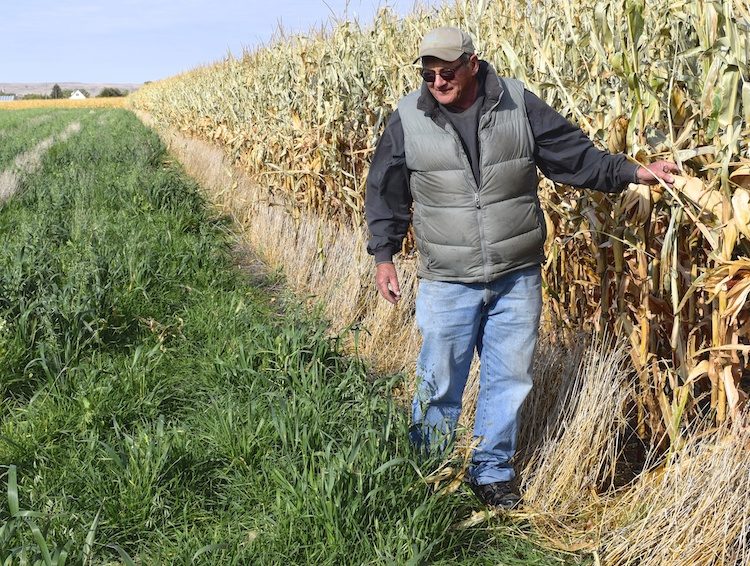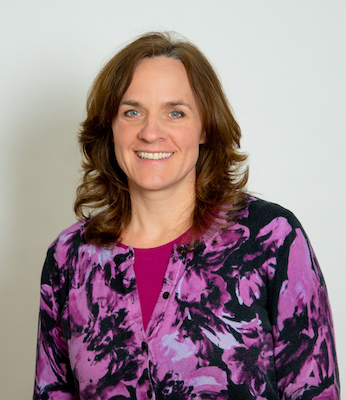“The system itself all together has to be profitable. Maybe wheat doesn't make much money directly, but it does, because it makes the corn and soybeans better…” — Dwayne Beck
Dwayne Beck has been the research manager of The Dakota Lakes Research Farm in Pierre, South Dakota since 1990. Among his many contributions to the understanding of the impacts of no-till in dryland acres, one of the most significant has been identifying the important role of crop rotation in minimizing weed, disease and insect problems while increasing the potential for profitability within the system.
For this episode of the No-Till Farmer “Influencers and Innovators” podcast, we’re bringing you part 2 of an interview that Cover Crop Strategies Associate Editor Sarah Hill did with Beck during the summer of 2020. Join us as he talks about what farmers should do if they’re looking to transition to no-till, how adding perennial crops can help build soil, what Dakota Lakes is doing to become energy neutral, why he likes to think in 600-year goals, the importance of local markets and much more.
P.S. There’s lots more great no-till stories and history in Frank Lessiter’s new book, From Maverick to Mainstream: A History of No-Till Farming. Check it out here. {www.no-tillfarmer.com/notillmaverick}
No-Till Farmer podcast series is brought to you by Mosaic Susterra.
Things that matter are measured in generations: Like traditions, families... and farms. For a growing operation, the health of the soil should last. Introducing Susterra by The Mosaic Company. It’s a first-of-its-kind phosphate fertilizer made with recycled organic matter to improve soil health and ensure its sustainability for generations to come. Visit SusterraFertilizer.com to learn how your land can provide for tomorrow’s generations and leave a legacy that matters.













